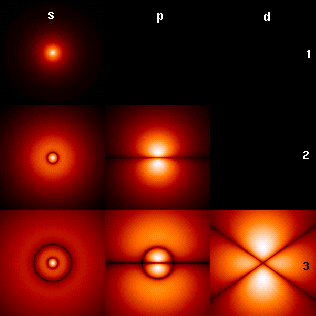
In which case, panpsychism (you are conscious and so is your coffee mug), despite its popularity, is wrong. Here’s a simple but serious explanation:
Thus, to have a mind, an object must have sense organs. Animals with eyes and ears can grasp forms and think about them. Objects without sense organs have no access to forms and thus cannot think. Interestingly, this implies that living things with rudimentary sensation (photoreceptors on plants, chemoreceptors on bacteria) do have the potential for rudimentary thought.
That raises interesting questions about the nature and quality of thought in lower forms of life. But it is at least reasonable to infer that thought is possible for any living thing that has the ability to sense the environment. In fact, “sensation” implies
experience of some sort, however rudimentary. So particles like electrons and larger inanimate things aren’t conscious because they have no sense organs, and thus have no access to forms external to themselves. They cannot think about anything because they cannot sense their environment and cannot access information external to them. Consciousness presupposes content and subatomic particles, like all inanimate things, lack access to content. Michael Egnor, “Are electrons conscious?” at Mind Matters
Follow UD News at Twitter!
Also by Michael Egnor: In one sense, consciousness is an illusion But read the fine print.
Does Your Brain Construct Your Conscious Reality? Part I A reply to computational neuroscientist Anil Seth’s recent TED talk
Does Your Brain Construct Your Conscious Reality? Part II In a word, no. Your brain doesn’t “think”; YOU think, using your brain
and
Before you go: Panpsychism: You are conscious but so is your coffee mug Materialists have a solution to the problem of consciousness, and it may startle you